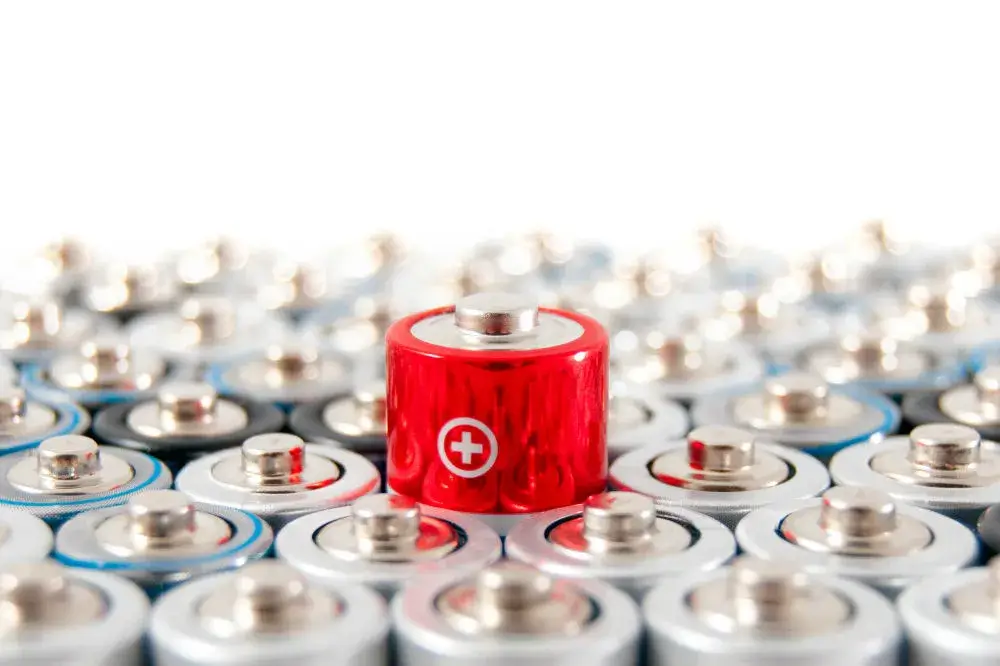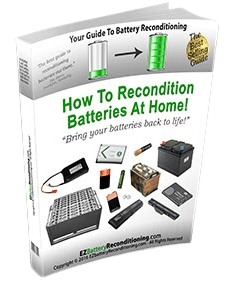CAN YOU RECHARGE REGULAR BATTERIES?
Regular batteries, also known as alkaline batteries, are the disposable batteries we use in toys, remotes and smoke alarms, to name but a few. They are generally considered not rechargeable and mainly use zinc and manganese dioxide as electrodes, along with an alkaline electrolyte, either potassium or sodium hydroxide.
As regular batteries are disposable single-use batteries they are required to be replaced and disposed of in an environmentally friendly way once completely discharged.
These regular batteries offer a steady voltage with better energy density, along with superior leakage resistance to other carbon zinc batteries. This is due to the manganese dioxide anode material which is pure and dense and reduces the space taken up by the internal components.
On average, depending on the drain and usage, an alkaline battery can be expected to power a device or component for a period of two to four months.
It is important to mention here that regular batteries have long shelf lives. Moreover, regular batteries do not self-discharge like Nickel-metal hydride and Nickel-cadmium batteries, in which chemical changes cause the electrodes to degenerate.
Furthermore, the rate of self-discharge in Nickel-cadmium batteries is 2% per week and in Nickel-metal hydride 3% per week, which increases in higher temperatures. With regular alkaline batteries, this will not occur.
Rechargeable Regular Batteries
In the early 90s, recharging regular or alkaline batteries was first introduced as an alternative to the Nickel Cadmium (NiCad) rechargeable batteries.
The main advantages associated with recharging regular batteries were the higher voltage (full 1.5 volts), slow self-discharge rate, and no “memory effect”; which refers to the batteries becoming weaker with continued use.
Later, in the early 2000s, when Nickel Metal Hydride (NiMh) batteries became available, the advantages of recharging alkaline batteries were reduced as people started to use rechargeables.
The use of regular batteries was further reduced with the invention of ‘Hybrid’ or ‘Pre-charged’ batteries that offered a slower rate of discharge.
Due to the decreasing benefits of RAM batteries and the advances in rechargeable battery technology, many manufacturers discontinued production of RAM batteries and chargers.
Still, the RAM and regular batteries are still available and are considered to be the most environmentally friendly choice.
In addition to this, regular batteries are pre-charged when purchased and will provide a full 1.5 volts from the start.
So, Can You Recharge Regular Batteries?
Regular alkaline batteries can be recharged. However, recharging these batteries generally not recommended as there are some risks associated with it.
Recharging any battery can cause the production of gas within the battery. Since regular batteries are normally sealed, recharging them can cause high pressure within the battery and thus can rupture the seal.
Moreover, the gas caused by recharging can also result in leakage of the contents or even the explosion of the battery.
Regular rechargeable batteries, also known as Rechargeable Alkaline Manganese (RAM), are specifically designed to mitigate these risks.
Moreover, regular or alkaline RAM batteries mainly use recycled materials where possible and are up to 98% recyclable. They are non-toxic and degrade much faster without leaching heavy metals into the soils.
Common manufacturers still offering RAM batteries include IGo, AccuCell and Pure Energy. Paradoxically, these higher-priced batteries are not rated highly in technical reports as they can be recharged only 25 to 30 times. This is not considered satisfactory for high-drain devices such as digital cameras as the voltage supplied by the battery drops in response to high current demands.
Furthermore, recharging regular alkaline batteries can be very difficult if you don’t have the right type of equipment for the job; a safety tested and dependable charger is required to recharge regular batteries.
Purchasing such chargers is expensive and the use of the wrong type of charger on regular batteries can be dangerous.
Also, a NiCad charger is not recommended for charging regular batteries as it will supply currents in excess of safe values and will not turn off automatically when the battery voltage exceeds the safe limits.
Can You Recharge Regular Batteries – Risks and Disadvantages
1. Charging regular batteries can take 10 to 16 hours compared to rechargeable batteries such as Nickel-metal hydride and Nickel-cadmium batteries.
2. As mentioned earlier, charging a regular battery can create a gas within the battery; overcharging can result in leakage, ultimately damage the battery or reduces the lifespan of a battery.
3. A regular battery will decrease in run time after each charge cycle. Every time you recharge your regular battery it will reduce runtime, thus reducing the lifespan of the battery.
4. To recharge regular batteries a safety tested and dependable charger is required which can be costly. Using a charger designed for regular batteries is NOT recommended. This can cause batteries to explode due to overcharging and the charger will not turn off automatically when the battery voltage exceeds the charging limits.
5. Finally, using a regular battery (non-rechargeable) after recharging can result in poor performance in high drain devices such as digital cameras.
Like Can You Recharge Regular Batteries? For our look at the Best Battery Chargers available, Click Here


